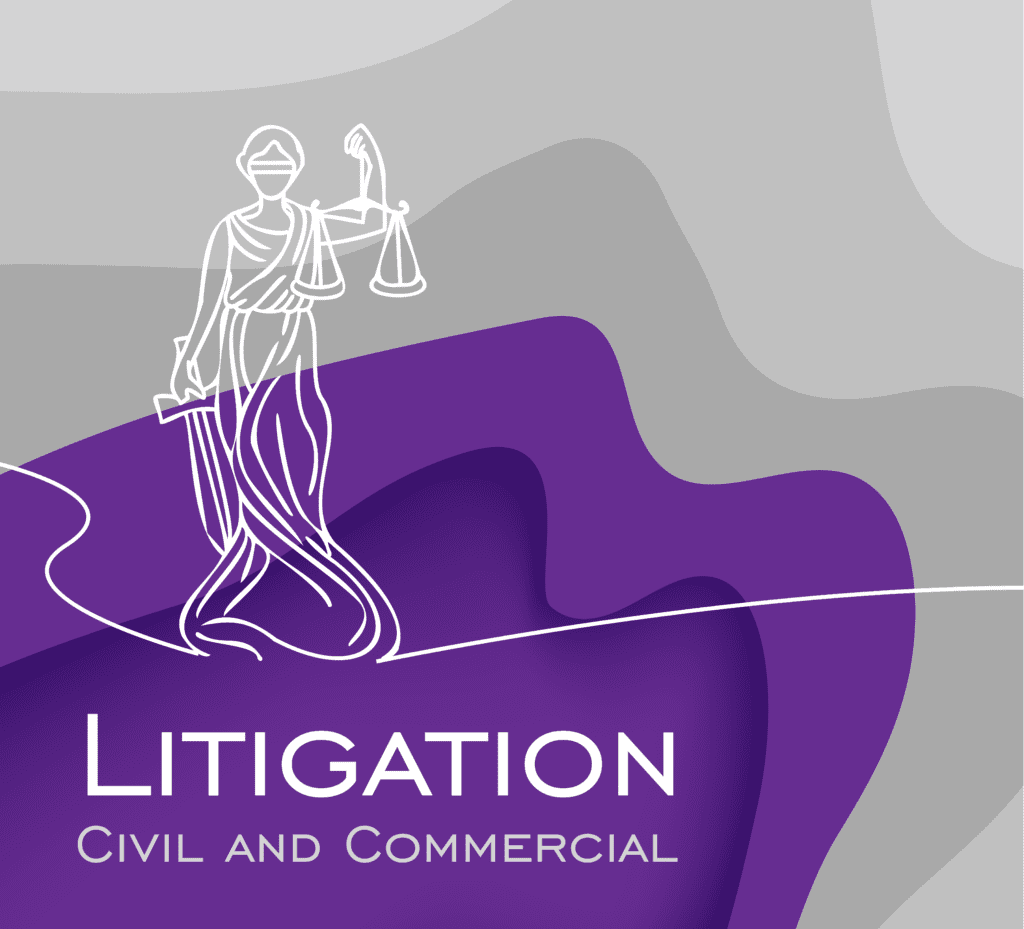Debt collections are far from rare in the modern business world. If anything, they’re a staple part of the business landscape there’s no getting away from. In fact, research suggests that the vast majority of established businesses are now forced to chase more unpaid invoices and general debts on a daily basis than ever before.
Unfortunately, pursuing monies owed can be a costly and time-consuming experience. Certainly, an additional obstacle to running a successful business. This is why it is important to take a proactive approach to any debt collections your business carries out.
Irrespective of the size and nature of the debt, we strongly suggest proceeding in accordance with the following basic guidelines:
1. Preparation is key
Prior to making contact with the individual or business that owes you money, ensure you have all the information you need to hand. This includes copies of contracts, invoices and general communications between you and your debtor. You may need formal evidence to support the action you intend to take, so make sure you have as much of it as possible.
2. Record everything
At the same time, you’ll also want to keep formal records of the action you take and the discussions you conduct. Again, this evidence may prove invaluable if it becomes necessary to involve the courts.
3. Don’t make assumptions
It’s important to remember that there may be a good reason for the debt, such as a genuine mistake or misinterpreted communication. Rather than immediately assuming the individual or business in question is deliberately withholding payment, try to give them the benefit of the doubt.
4. Be careful with your tone and words
It’s almost always easier to recover debts when you remain pleasant, personable and non-confrontational. The more aggressive and forceful you become, the more likely your debtor will adopt a defensive stance in response. Very rarely does a confrontational and aggressive approach to debt collection yield positive results.
5. Give options and solutions
Always be ready to negotiate with those who owe you money, but may be in a position where they are unable to pay you right now. That said, there’s a difference between making excuses and being in a genuinely difficult situation. Try to work out an arrangement that suits both of you, but be sure to agree on specific terms, conditions, deadlines and so on. Any agreement you reach should also be formalised in writing.
6. Maintain communication
Irrespective of how the first conversation plays out, it’s important to maintain communication with your debtors. Not to pressure or bully them into meeting their obligations, but simply as a reminder that the debt is outstanding and isn’t going to go away. Again, adopting a pleasant and personable persona at all times when communicating with debtors is important.
7. Seek legal advice
If all else fails and the debt remains unpaid, you may benefit from expert legal support. In fact, it can be beneficial to speak to a solicitor at the earliest possible stage, simply to understand the available options. Debt collection agencies are also an option but tend to charge relatively heavy fees and commissions for their services.
For more information on debt recovery, book your obligation free consultation with the team at Aristone Solicitors today.

